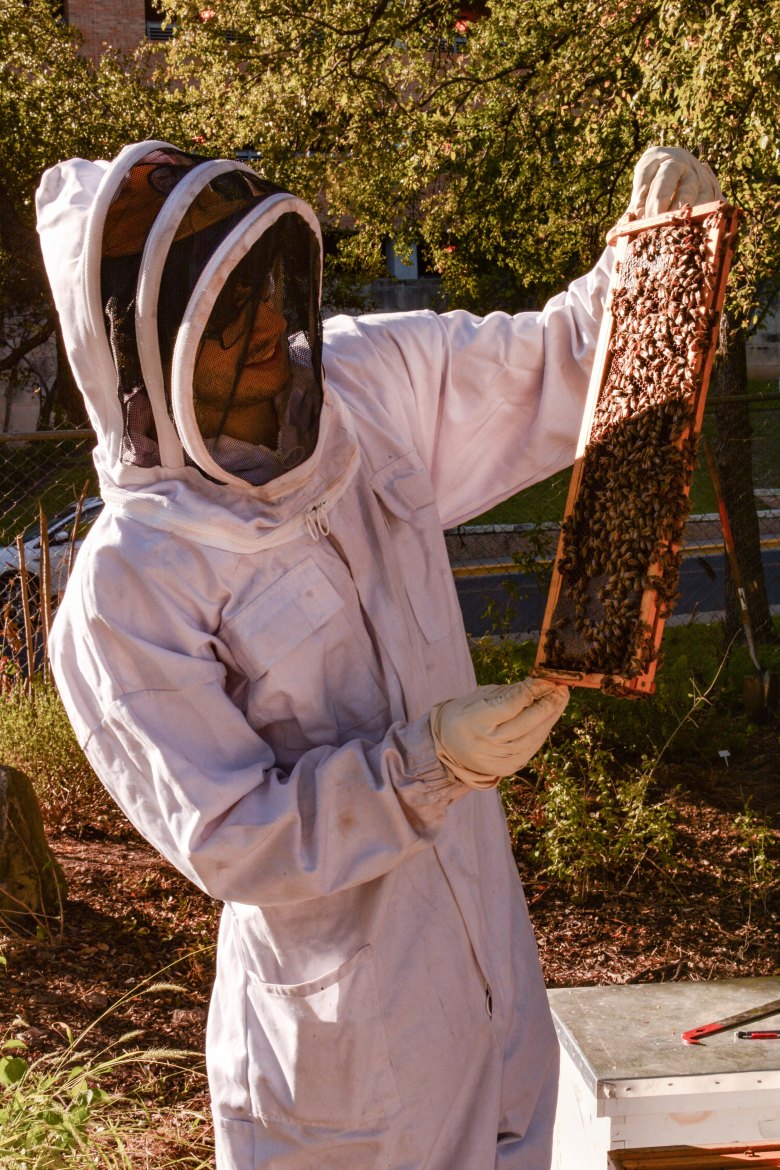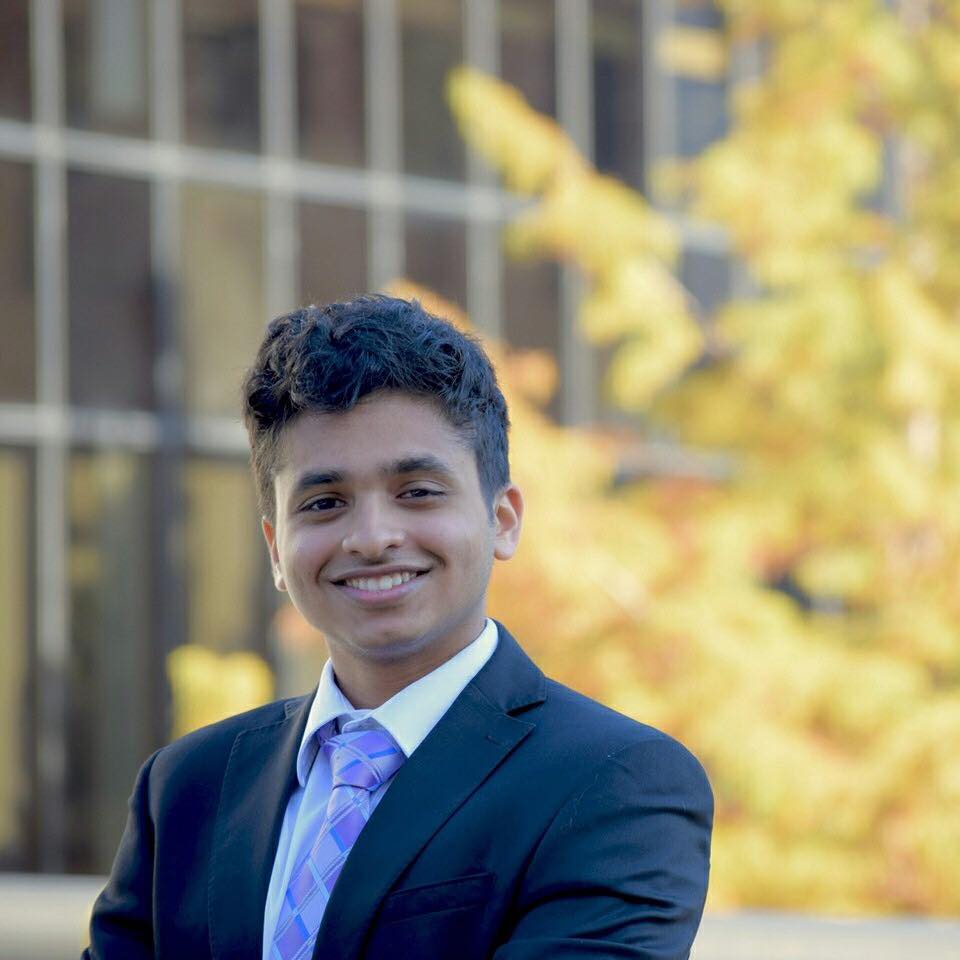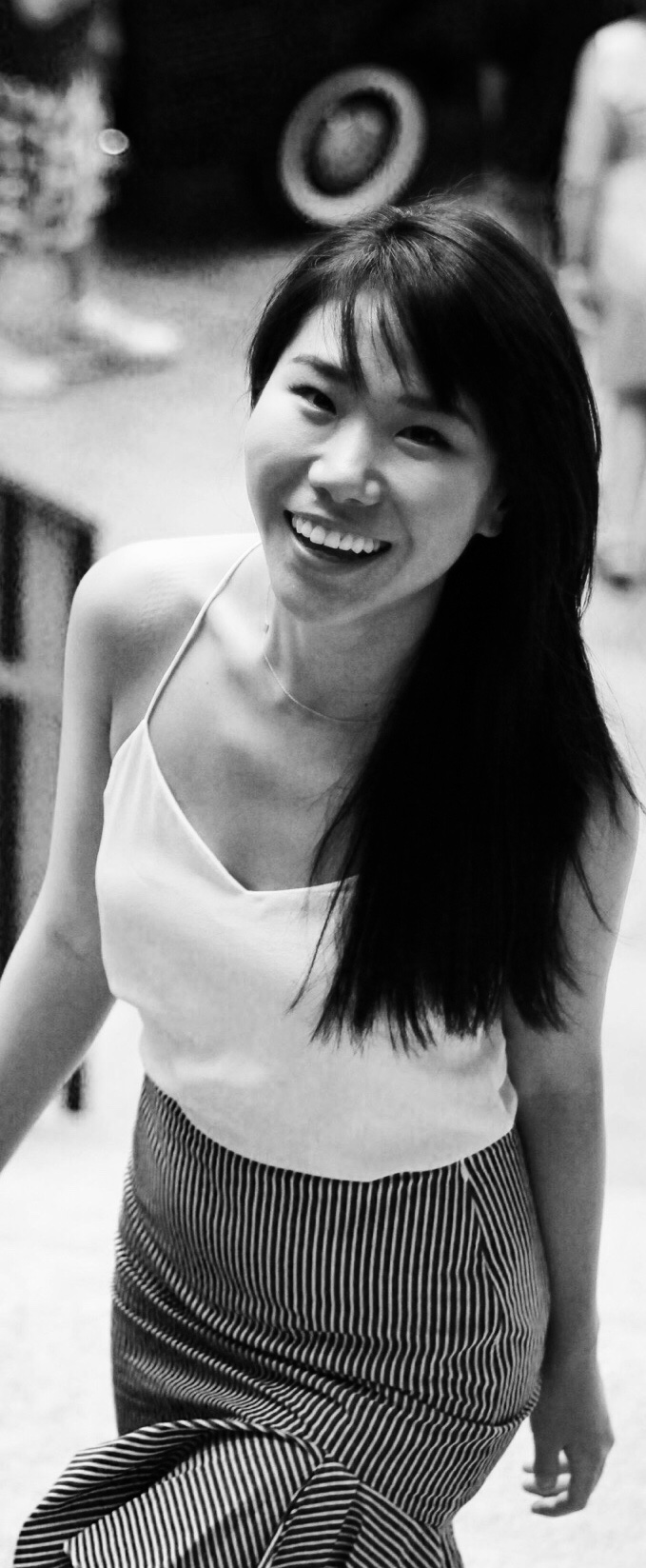Kobi Naseck will graduate this spring from Business Honors, Plan II Honors, and the Business & Public Policy Certificate Program. He is the president of the BEEVO Beekeeping Society. The organization, which was started in[…]
Author: eileenbau
Student Spotlight: Abhishek Ramchandani
BHP senior Abhishek Ramchandani always knew he wanted to teach. After graduating, he will be pursuing a PhD in Accounting at the University of Texas at Austin. “The reason I first got into research was[…]
Alumni Spotlight: Michelle Lin – Vice President of eCommerce and Marketing, Bastide
Michelle Lin Featured: Beauty/Fashion, Marketing, Entrepreneurship Michelle Lin is the Vice President of eCommerce and Marketing for Bastide, a French beauty start-up. Previous to starting Bastide, Michelle built her marketing expertise at Procter & Gamble.[…]
Student Spotlight: Omar Olivarez
When Omar Olivarez talks about Project RISE, he can’t help but smile. “Project RISE is a non-profit founded by Ashley Chen, a BHP graduate. It’s all about promoting entrepreneurship to underserved youth in the Austin[…]
Student Spotlight: Tillar Murray
Tillar Murray cuts quite an imposing figure on a horse. With a confident, sure grip on the reins and a determined look in her eyes, Murray looks every inch the hardworking athlete she is. Tillar[…]





